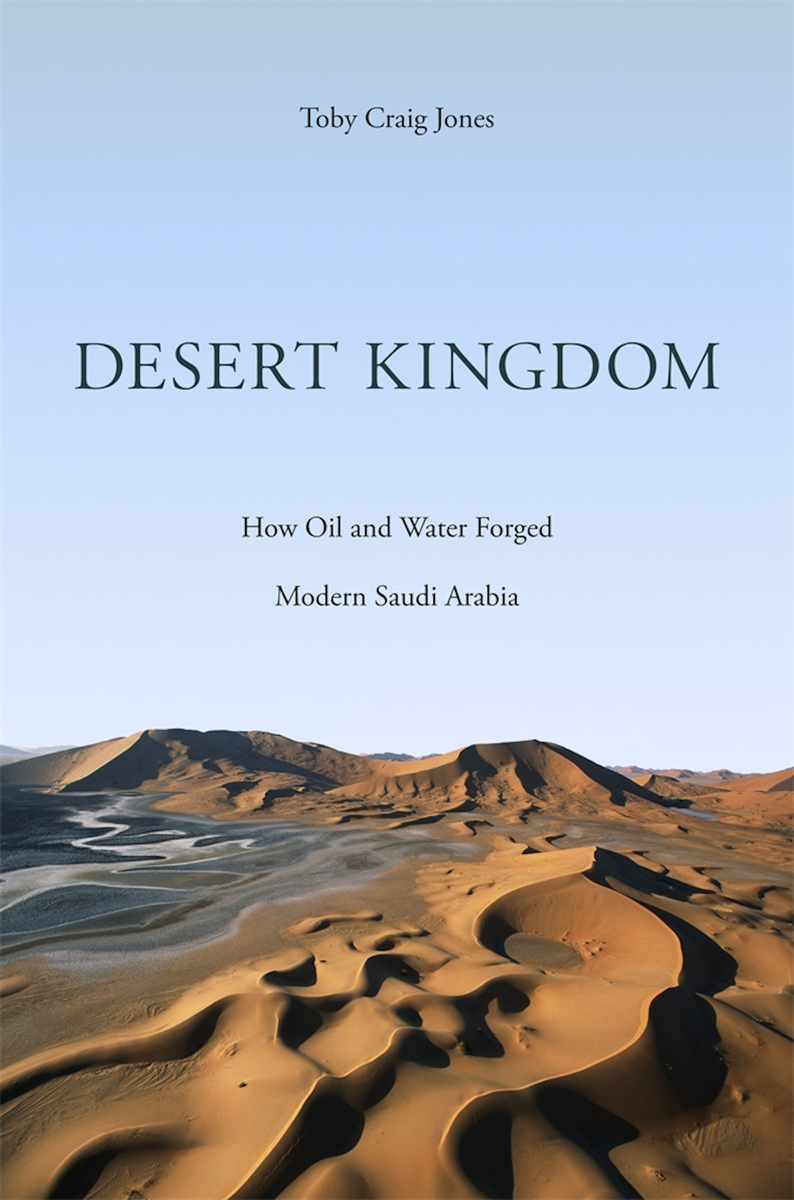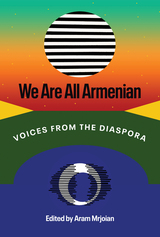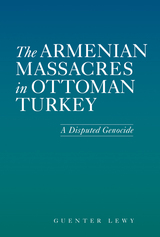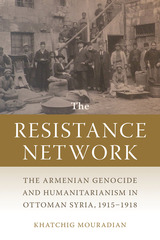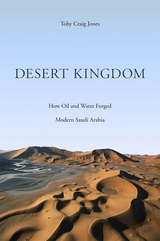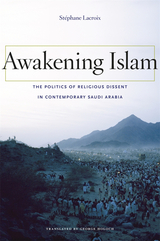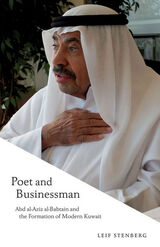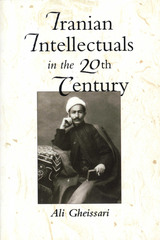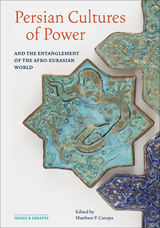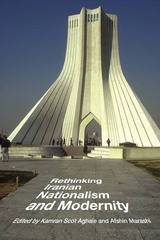[A] provocative book...Desert Kingdom is a much needed addition to the small shelf of Saudi Arabian histories based on archival research and political economy rather than caricatures of oil wealth and the desert. The connection of geography to political power is compelling.
-- Frederick Deknatel The Nation
For a desert kingdom to concern itself with the control of water would seem to be a given, but the subject has received slight attention in studies of Saudi Arabia. Although oil has always figured prominently in Saudi studies, this book is surely the first to trace Saudi policies concerning oil and water since the 1920s. Jones presents these policies as dictated by a Saudi drive to create not so much a nation-state as an empire in the Arabian Peninsula. Saudi Arabia is not all desert, but the agriculturally more advantaged Eastern Province, with its appreciable Shiite population, has been the most disadvantaged when it comes to receiving a share of the government's development projects. This explains the Shiite uprising there in 1979 and the halting Saudi efforts thereafter to address the issue. Woven into this book is a pessimistic view of technologically driven policies, environmentalist reflections, and a harsh portrayal of selfishness on the part of both the Saudi state and the oil company it owns, Saudi Aramco.
-- L. Carl Brown Foreign Affairs
Toby Craig Jones's new book about the kingdom examines the Saudi state's relationship to water and oil, the twin resources that are its blessing and its curse (or, according to some, its two curses). Jones argues that Saudi ruling classes hold their inherently fragile state together through a strict and bold program that manages these two substances. In Saudi Arabia, more so than in almost any other place on earth, the business of the state is the control of nature, because to control nature is to control people.
-- Graeme Wood The National
Desert Kingdom is sure to spark discussion and debate. It touches on some of the most sensitive nerves of a society. But, it also describes how determination and perseverance built Saudi Arabia into a Middle Eastern powerhouse. Toby Craig Jones opens the door to understanding how it happened.
-- Joseph Richard Preville Saudi Gazette
A lucid account and a comprehensive analysis of how state power unfolds in oil fields and water wells. The state of nature and the nature of the state are meticulously explored in this fascinating book that definitely succeeds in mixing oil and water and sheds light on how the Saudi state exercises power over nature and society.
-- Madawi Al-Rasheed, author of A History of Saudi Arabia and Contesting the Saudi State
It is impossible to think about Saudi Arabia's history the same way after reading this book.
-- Jon Alterman, Director of the Middle East Program at the Center for Strategic and International Studies
In this highly original approach to investigating the underpinnings of power in Saudi Arabia, Toby Jones demonstrates the power of state institutions, multinational corporations and engineering firms to reshape societies and the environments they inhabit.
-- David Commins, author of The Wahhabi Mission and Saudi Arabia
In this excellent book, Toby Jones demonstrates that managing the environment was a means of building a state that could also manage its society. An outstanding contribution to the increasingly sophisticated historiography of Saudi Arabia and an essential read for those who want to understand the country's contemporary politics.
-- F. Gregory Gause, III, University of Vermont
Jones shows how technology, foreign expertise and physical resources were managed and mobilized to produce the structures of power in Saudi Arabia today—it is indispensable reading for understanding why Saudi Arabia is what it is. A signal achievement.
-- Bernard Haykel, Princeton University
Toby Jones tells us things about Saudi politics that no one else has, at least not reliably, using scholarly sources and methods. This is now the go-to book that breaks both empirical and conceptual new ground in Middle East studies.
-- Robert Vitalis, University of Pennsylvania
